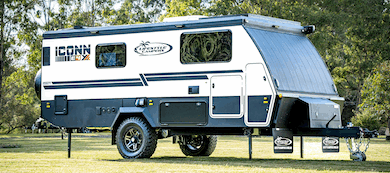Walorski: Tariff Exclusion Process Is Broken
U.S. Rep. Jackie Walorski (R-Ind.) recently renewed calls for the Commerce Department to fix the broken exclusion process for steel and aluminum tariffs at a Ways and Means Trade Subcommittee hearing
“The current exclusion process is broken – it’s opaque, unfair, and breathtakingly inconsistent,” said Walorski. “We’re not asking Commerce to grant every request. We’re saying there are major structural issues that are causing uneven outcomes. We’re saying that the deck seems to be stacked toward one side right now and it needs to be rebalanced.”
Walorski highlighted problems encountered by U.S. manufacturers in all three phases of the process: posting, objections, and decisions. In May, Walorski led a bipartisan letter signed by 39 members of Congress asking Commerce Secretary Wilbur Ross to implement 10 commonsense changes to the exclusion process.
Businesses granted product exclusions are eligible for reimbursement of tariffs paid, but relief is retroactive to the date of posting for public comment rather than the date of the request.
According to data available on Regulations.gov and compiled by Walorski’s office, applications are posted an average of three to four weeks after they are submitted. Such delays are made worse when companies are forced to re-submit applications due to unclear guidelines or inconsistent rejections for minor errors.
Todd Adams, president of Sanitube and VP of Stainless Imports testified that his company was forced to pay tariffs on a one-time order of imported steel. Although the shipments were initiated before Section 232 tariffs took effect, the company is ineligible for retroactive relief on two shipping containers of steel that arrived after the exclusion request was submitted but before it was posted. The company is still awaiting a decision on one of its applications.
Exclusion requests are posted for a 30-day public comment period, but there is no process in place to allow businesses to rebut objections.
Out of more than 5,700 objections submitted in response to steel and aluminum exclusion requests, only 54 were posted before the end of the comment period, leaving businesses no opportunity to respond. Some were told they had to re-submit their request – starting the process over – in order to make a rebuttal.
One Commerce official predicted this opaque an inconsistent process in June, telling the Washington Post: “It’s going to be so unbelievably random, and some companies are going to get screwed.”



